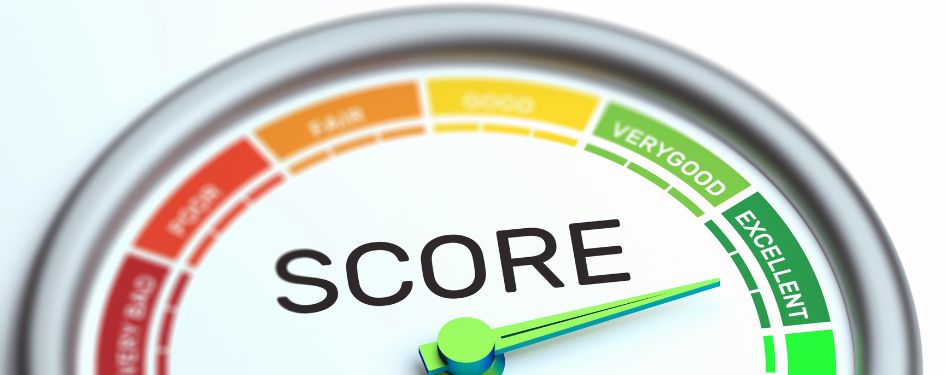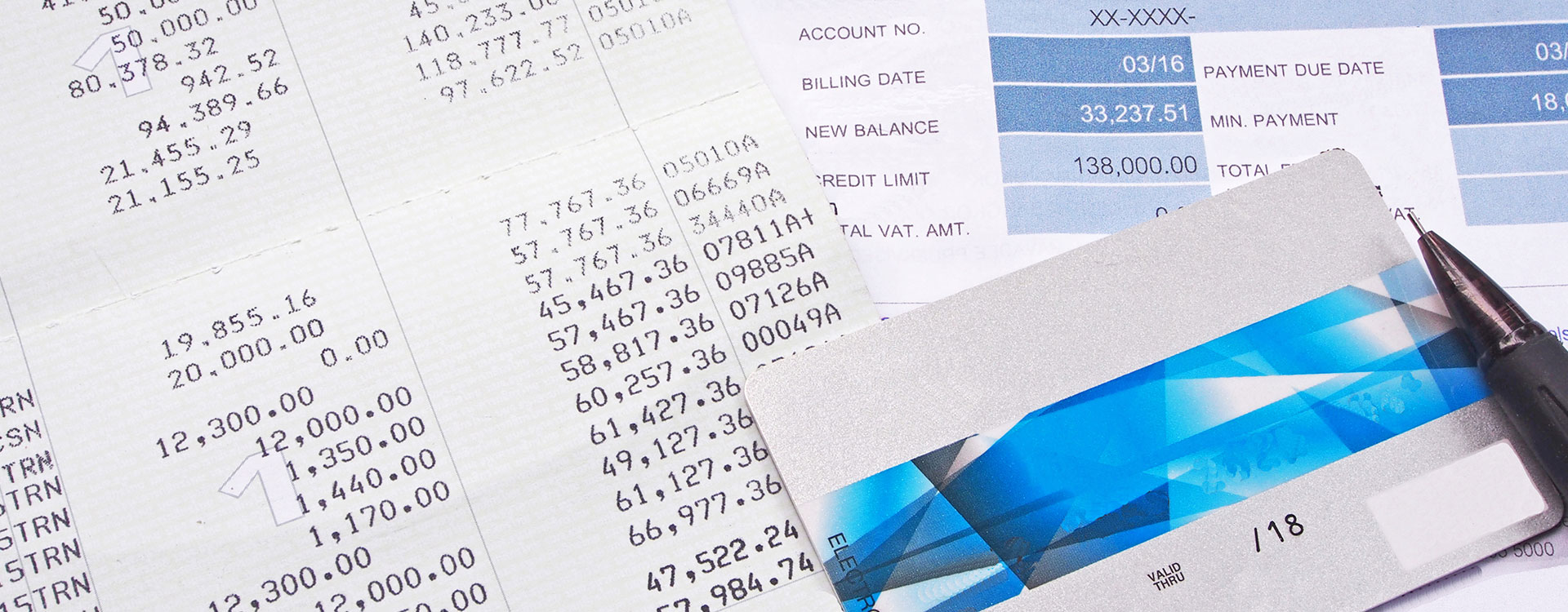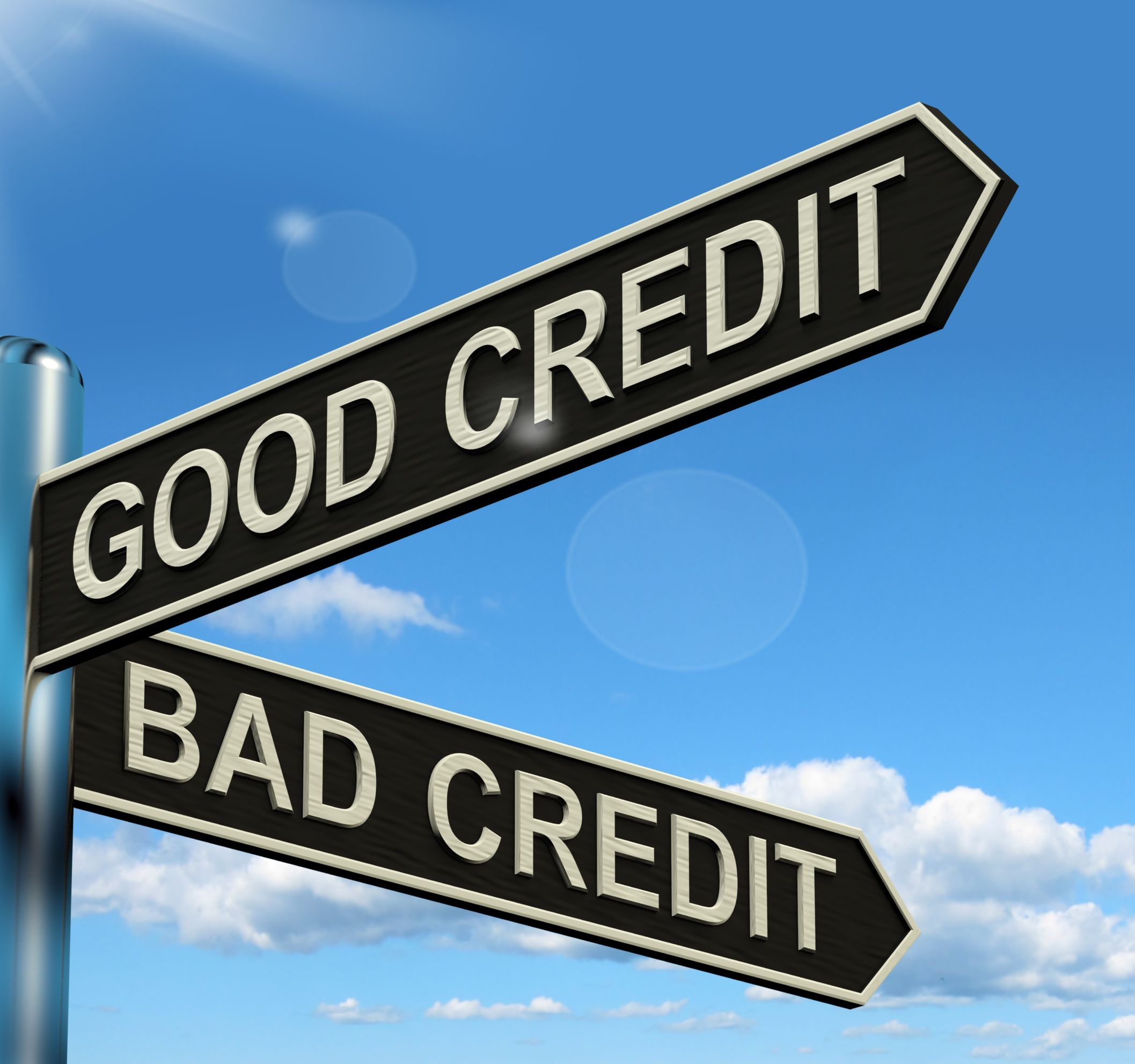There are a few reasons the credit scores you see when you check on your own may vary from what a lender sees when evaluating you for a credit account.
When it comes to the representation of your financial health and lendability, few things are as crucial as your credit score.
It’s a key factor in determining your ability to obtain loans and credit cards, and influence interest rates for your credit accounts, and even affect your insurance rates and employability for certain types of work.
However, you don’t just have a universal credit score – your credit score will differ from one credit reporting agency to the next. Below, we’ll take a look at this perplexing issue, offering insights and guidance.
KEY TAKEAWAYS:
- Credit scores vary between sites due to different reporting practices and scoring algorithms.
- Understanding these variations can help you better manage your credit health.
- Knowledge of credit scores is a step towards effective debt management, including debt relief and consolidation.
What Exactly Is A Credit Score?
This is a numerical expression based on an analysis of your credit files.
It represents your creditworthiness, which creditors use to evaluate the likelihood that you’ll repay your debts. Think of it as a financial report card, but instead of grades, you get a score.
There’s a widespread misunderstanding that each person has just one distinct credit score, indicating their risk level for new account applications.
However, in truth, there can be numerous credit scores that accurately represent an individual’s financial data and payment history.
Being aware of and consistently monitoring your scores over time is a wise initial move toward improving your credit worthiness.
What Is The Credit Score Range?
Credit scores typically range from 300-850.
A higher score suggests a better credit history and makes creditors more likely to offer you favorable credit terms.
Generally, scores above 700 are categorized as Good, while those over 800 are deemed Excellent.
Credit Score Range VantageScore 3.0 FICO
Very Poor < 500 —
Poor 500–600 < 580
Fair 601–660 580–669
Good 661–780 670–739
Very Good N/A 740–799
Excellent 781–850 800–850
What Causes Differences In My Credit Scores?
You may notice varying credit scores from the three nationwide credit-reporting agencies due to several factors.
Here are some of the most frequent scenarios…
Different Lenders Report To Different Agencies
Your credit scores might differ based on your lender’s credit reporting agency of choice.
Also, not all creditors, collection agencies, and court records furnish information to all three major Credit Reporting Agencies (CRAs): Equifax, Experian, and TransUnion. Some report to only one or two.
As each credit reporting agency independently calculates your credit scores using the data in their separate databases, slight variations can occur.
Each CRA Has A Different Scoring Model
Each of the CRAs uses its own algorithm to calculate your credit score.
FICO and VantageScore are two of the most popular scoring models.
Every company creates various scoring models, with some designed for general use and others tailored for particular industries. VantageScore has developed four versions of its credit scoring models, while FICO has created over 40 different scoring models.
While they consider similar factors, such as your payment history and debt levels, variations in their algorithms can produce different scores. Different credit scoring models may assign greater weight to specific aspects of your credit reports over others.
For instance, one model might prioritize total credit usage more significantly than others.
Due to the diversity of scoring models, it’s common to have varying credit scores from different sources. Lenders utilize various types of credit scores for their decisions. Consequently, the score you view during a personal check might differ from the one your lender uses.
Time Gap Of Sharing Information
Your credit scores are calculated at a particular point in time.
Should your credit score be assessed at the start of the month and then re-evaluated towards the month’s end, the two scores will probably vary. This is because your credit report may have undergone multiple updates during that period.
There’s typically a delay between making a payment and its reflection in your credit scores by reporting agencies. This gap can last a week, a month, or a quarter and can result in discrepancies in your credit scores across different sites.
Also, as analytical methods evolve and consumer behaviors shift, FICO and VantageScore consistently develop and launch new iterations of their scoring models. These updates enable more precise risk predictions for lenders, creditors, and similar entities.
Following a significant payment or any action that could greatly influence your credit scores, it’s crucial to ensure that your information is correctly reflected in your credit reports. This ensures lenders have access to an accurate and current view of your credit history.
Mistakes In Your Credit Report
If errors are present only in one bureau’s report, your credit score from that report might differ from another that doesn’t contain these errors.
It’s important to promptly dispute any inaccuracies in your credit report to prevent them from negatively affecting your credit score.
Also, if you’ve used different names or variations of your name (e.g., with or without a middle initial), this can lead to fragmented or incomplete credit reports, affecting your score.
Should I Be Worried If My Scores Are Different?
It’s not uncommon for credit scores to vary slightly between CRAs.
What’s important is understanding the factors that influence your score and managing your credit responsibly.
However, if there’s a notable discrepancy, it’s important to look into it. An unexpected drop in your credit score has a cause that your credit reports will disclose.
This could be due to a high balance reported on a credit card, a recent credit application, or potential identity theft.
Review your credit reports regularly to ensure that you recognize all accounts and that the information is correct. If you encounter something that appears inaccurate, you have the right to dispute it without charge with each of the three credit reporting agencies.
Should the inaccuracy be present in all three reports, you’ll need to file a dispute with each agency separately.
Will Checking My Credit Reports Affect My Credit Scores?
Checking your credit reports doesn’t impact your credit scores.
This action results in a “soft” credit inquiry, which differs from a “hard” inquiry and has no effect on your credit scores.
Soft inquiries aren’t visible to credit scoring models like FICO and VantageScore.
What’s The Best Credit-Scoring Model?
There isn’t a “best” credit-scoring model.
Each model has its strengths, and lenders choose based on their specific needs. It’s more important to monitor your credit and maintain healthy financial habits consistently.
That said, lenders show a distinct preference: FICO® Scores are utilized in more than 90 percent of lending decisions.
Tips To Improve Your Credit Scores
Improving your credit scores involves consistent attention to the information in your credit report, as all scoring models use this data to assess risk.
To enhance your credit, consider the following steps…
- Timely Bill Payments: Regular, on-time payments across various credit accounts contribute to a good credit score. Late payments or accounts sent to collections can negatively affect your scores and can stay on your credit report for up to 7 years.
- Manage Credit Utilization: Keep the balance on your credit cards low relative to their limits. Utilizing only a small portion of your credit limit and paying off bills in full helps avoid interest and lowers your credit utilization ratio.
- Diverse Credit Types: Demonstrating responsible management of different types of credit, like installment (loans) and revolving (credit cards), can positively impact your score.
- Strategic Credit Applications: Be mindful of how often you apply for new credit. Hard inquiries from applications can slightly lower your score temporarily. Avoid unnecessary applications, especially when planning for future credit needs.
- Incorporate Additional Payments in Credit Reports: Add various payment types, such as utility, phone, streaming services, and rent, to your credit report. This can enhance your score by including additional on-time payment history.
- Seek Help During Financial Hardship: If you’re struggling with bills, contact creditors early for possible hardship plans. Addressing issues before missing a payment is crucial. For accounts already in arrears, work towards getting current or seek advice from a nonprofit credit counseling organization.
Closing Thoughts On Why One’s Credit Score May Be Different On Different Sites
Credit score discrepancies across different sites are mainly due to varied reporting practices and scoring models of different CRAs.
While this can be confusing, it is a normal part of credit reporting.
Understanding this can help you in effectively managing your credit and, consequently, in exploring various forms of debt relief as a part of your financial strategy.
How Credit9 Can Help You
At Credit9, we offer loan options that could provide you with the financial solution that works best for you.
Since 2018, Credit9 has provided over $460 Million in loans to over 36,000 of our customers, and we’re confident we can help you too.
For more information about Credit9’s unique debt consolidation services, contact us today to see how we can help you consolidate your debts and receive a free, no-obligation, and fully-customized Credit9 loan solution!
Debt Consolidation Loan





 Clear Language Establishes Trust And Minimizes Anxiety When It Comes To Finances
Clear Language Establishes Trust And Minimizes Anxiety When It Comes To Finances
 The Best Ways To Loan Money To Friends And Family
The Best Ways To Loan Money To Friends And Family
 Credit Scores
Credit Scores